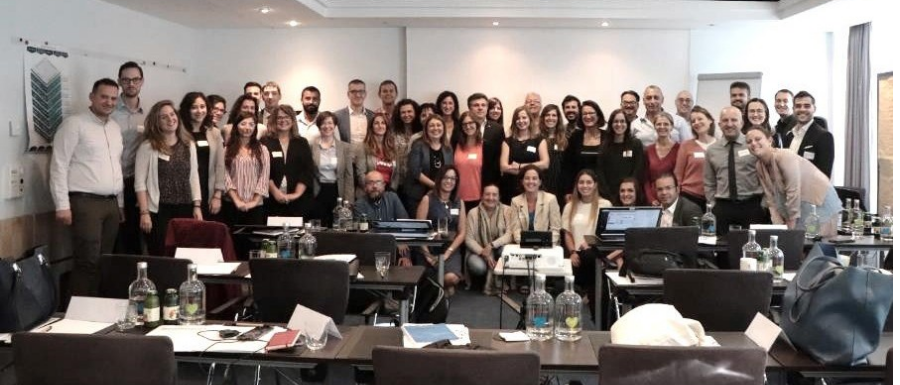Due to the Covid-19 emergency, the PERCEPTIONS Consortium had to cancel the Steering Committee meeting that was supposed to take place in Newcastle (UK) on March 18-19th, 2020. However, partners did not give up and promptly rearranged the meeting online!
The Consortium was hence able to make an assessment of what was achieved so far. ALDA, as lead partner for the communication and dissemination activities, presented the outcomes attained until that moment and a strategy to better reach out to the target audience.
Following the second online meeting on April 16th, then, partners are currently preparing for the technical review scheduled on May 19th.
In the meantime, every two weeks the Consortium is carrying out a “Coffee & Reading” online meeting: a great way to get inspired from one another and keep constantly updated in the partner group! Partners in fact take that time to present and discuss academic and scientific papers and debate on crucial topics related to migration. Most recently, the Consortium debated for instance on the capacities of data infrastructures and bureaucratic procedures to be performative of policies; and on mediatic campaigns, such as the 2016 AwareMigrants campaign, and their ability to influence the images of the migration journey.
All Consortium partners have also increased their communications on what PERCEPTIONS is up to and have been spreading news on migration flows on their social media, such as Facebook, LinkedIn and Twitter. Subscribe to the PERCEPTIONS newsletter directly on the project website and stay updated!
The PERCEPTIONS project, part of the Horizon 2020 programme of the European Commission, aims to identify and understand narratives, images and perceptions of the EU – from a non EU perspective – as well as the dissemination of this information via the different channels. It investigates the way the information flow might be distorted and how false narratives might lead to security threats. Based on this knowledge, the project will create toolkits of creative and innovative measures to react to or even counteract them, considering social, societal and structural aspects. The project kicked off in September 2019 and has a duration of 36 months.
